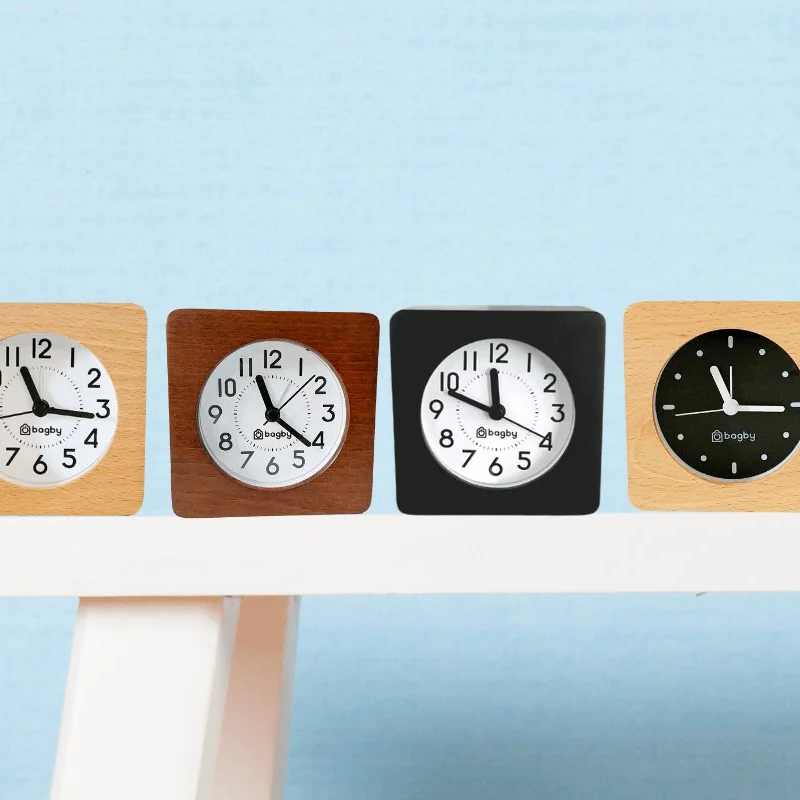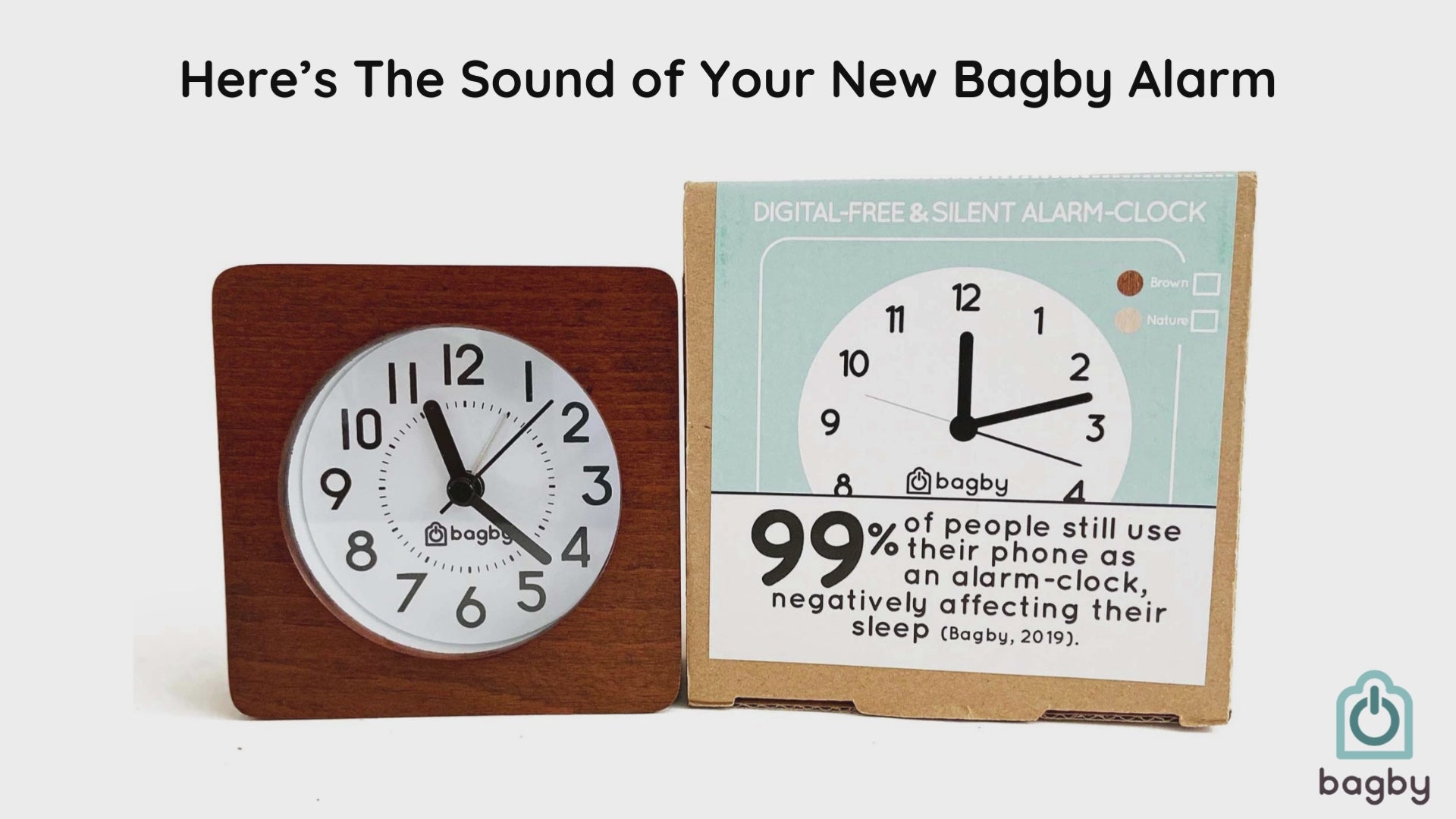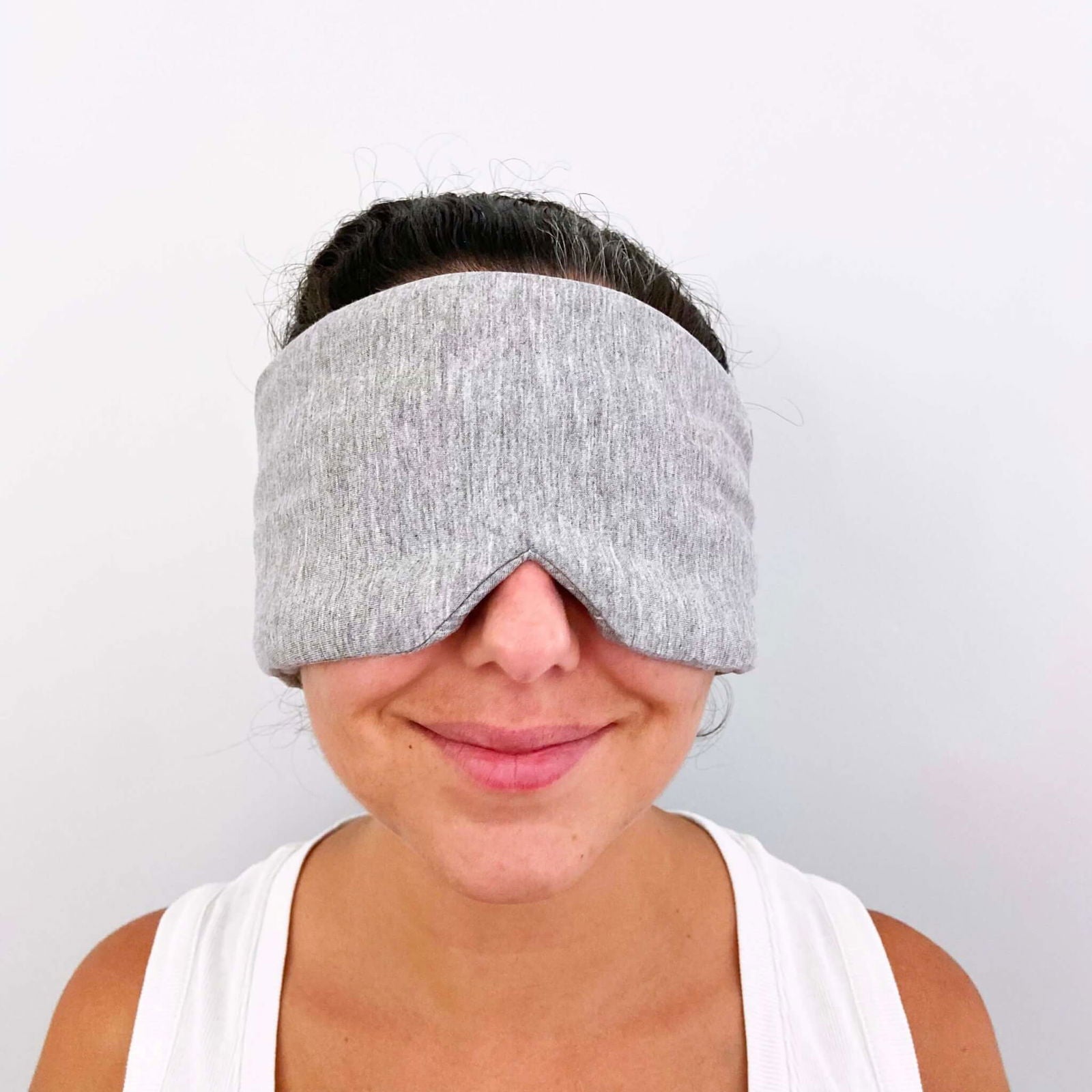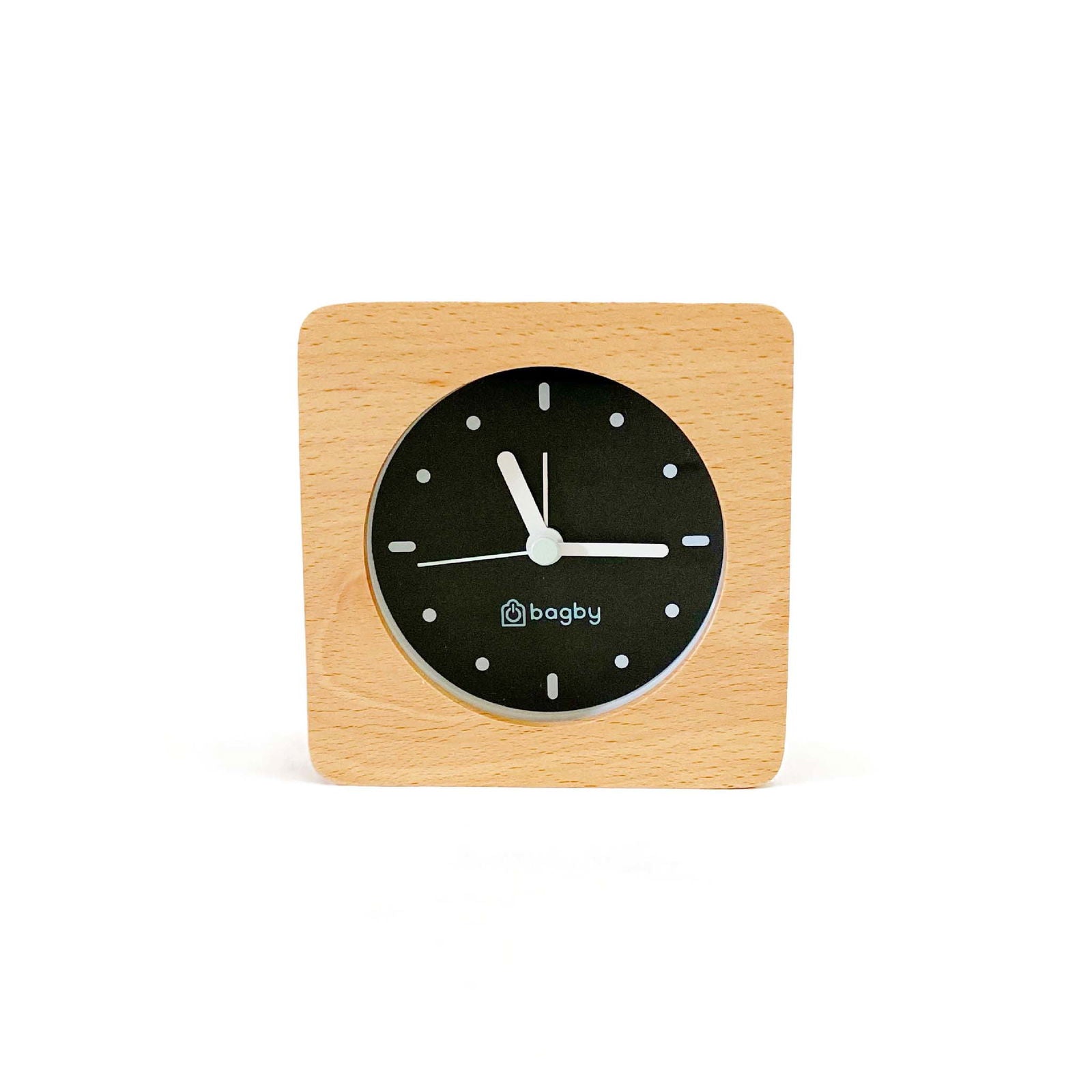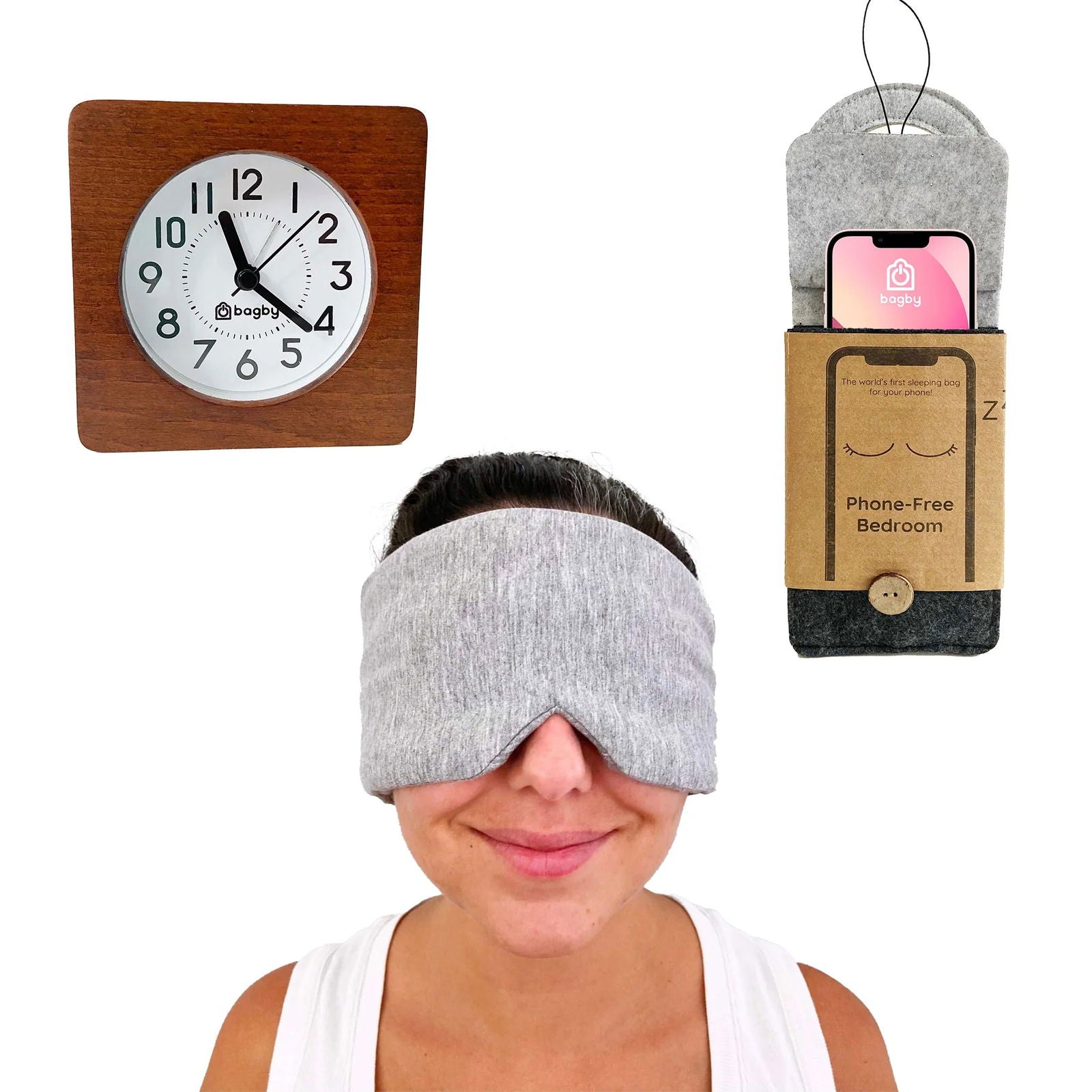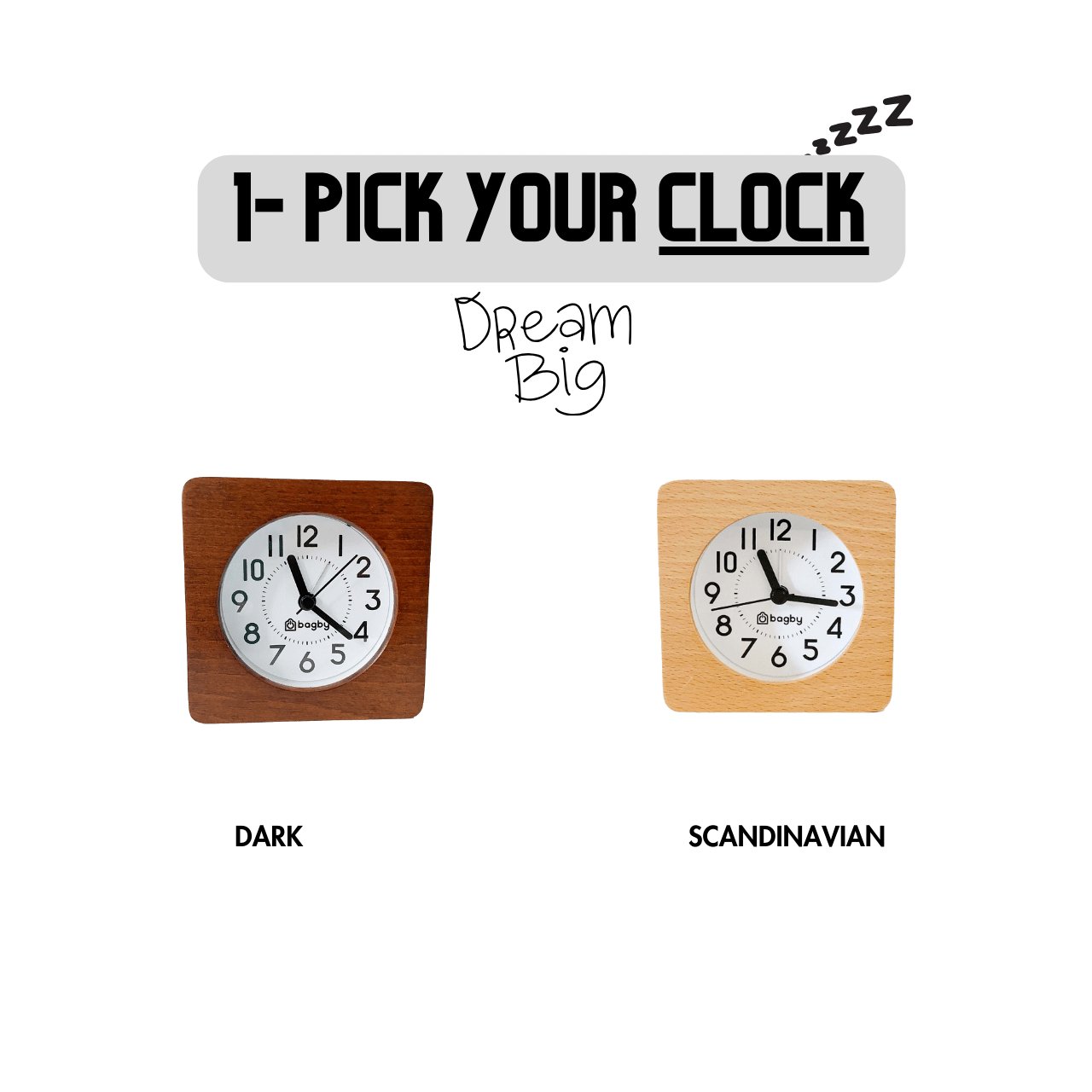It’s certainly enjoyable to catch up with friends’ activities or watch your favorite content creator while you’re eating. However, bringing your cell phone to the dinner table isn’t only disrespectful to others, but it can also take a serious toll on your physical and mental health, say research studies.
This post will go in-depth on the subject of distracted eating and explore how it affects your physical health, relationships, and mental wellbeing. Besides that, we’ll also look at the advantages of mindful eating and how you can implement it in your life. So, let’s begin.
Dinner Table isn’t a Place for Your Phone
First of all, if you’re at the dinner table with other people, you have a moral responsibility of making them not feel like they’re eating alone, say etiquette experts.
Sharing a dinner table with your family, friends, or romantic partner isn’t only about eating. In this fast-paced world, it’s often the only time when you’re all in one place.
Psychological experts say that having at least one meal a day with your loved ones can help you strengthen ties and build better relationships. On top of that, it also enables you to build a sense of belonging, which leads to increased self-esteem.
If you have kids, dinner time can be your chance to be a role model for them. When you’re not on your phone, unaware that you’re sitting at a table with other people, it will engrave polite table manners and healthy eating habits in your children.
Research studies show that children who eat meals with their families have a significantly lower chance of engaging in high-risk behaviors like violence and substance abuse. And apart from that, it’s also good for their mental health.
Physical & Mental Effects of Using Phone on Dinner Table
At face value, using your phone while eating may seem like a harmless activity. When in reality, the story is completely different. Besides affecting relationships, distracted eating has also been known to cause many physical and mental health problems. Have a look.
Smartphone During Meals Increases Caloric Ingestion
Along with the growth in health consciousness and the awareness of the health benefits of physical activities, counting calories has become a thing now. If you’ve ever visited a fitness page or downloaded a workout app, you know exactly what I mean. And for those who don’t know, counting calories means recording your caloric intake and limiting or increasing it to achieve a certain health goal.
Now, is counting calories actually beneficial? That’s for nutritionists and psychologists to decide. But, regardless of the answer, the fact that your body needs a certain amount of caloric consumption per day and going over or under the limit can cause your body to change, remains the same.

A 2018 study out of Brazil found that when you use your phone while eating, it increases your caloric ingestion by almost 15%. That’s an amount you wouldn’t have consumed if you simply weren’t staring at your phone while eating.
When you keep consuming more calories than your body needs to run your bodily systems and induce healthy growth, the excess calories turn into glycogen, which your body then stores as fat.
This causes a significant increase in your body fat percentage, resulting in unnecessary weight gain to a point where you become overweight and even obese. And that’s not good because health experts have linked obesity and being overweight to problems like heart disease, stroke, type-2 diabetes, and even some form of cancers.
Indigestion
Nutrition experts recommend chewing your food at least 32 times before taking another bite.
See, digestion starts in your mouth. So, the more work you do up there, the less effort your stomach will have to put turning your food into separate nutrition and distributing throughout your body.
When you’re distracted by your phone while eating, you can’t help but eat extremely fast. And there are two consequences of this behavior.
One, you don’t chew your food correctly, which causes your stomach to work harder. And because of this, a lot of your food’s nutrition will pass through excretion.
Second, when eating, your brain constantly communicates with the stomach to analyze if you’ve consumed enough nutrition. And eating fast will overwhelm this communication, resulting in you not feeling full, even after eating a healthy amount.
No Satisfaction
The prefrontal cortex in our brain is the command center that lets you attentively focus on something. When attempting to perform two things at once, your prefrontal cortex rapidly juggles its attention over those tasks. And though it may seem like it’s doing a good job, the quality of its work lowers exponentially. Because of that, you’ll end up not doing either of the tasks properly.
Imagine this, you’re on the dinner table, and your dinner is laid out. You grab your spoon and start eating what’s on your plate. But, at the same time, you’re trying to unravel the plot of a murder mystery on your favorite Netflix show.
Suddenly, your spoon hits an empty spot on your plate, realizing that you’ve finished your food.
Although you may have solved the mystery of who killed the main character’s best friend, you may never unravel how much you exactly ate during that sitting or how your food tasted.

Distracted eating prevents your brain from savoring and storing the memory of the food you ate. And this creates many problems.
For starters, your satisfaction level with your food decreases. And much more problematic than that is you can’t hold on to any feelings of fullness for longer.
So, if you have this habit of using your phone while eating, here’s a simple question for you. ‘Do you remember what you ate for dinner last night?” If you do, great. Now, try to remember how it tasted.
If you’re struggling to remember the taste of the food you ate just last night, it’s time to make some serious changes in your life.
Distracted Eating Can Take a Toll on Your Happiness
Experts point human happiness towards one central conclusion—Engaging in positive social interactions. And even though technology has brought us virtually closer, they’re also separating us from real-life interactions.
There might be a person sitting right in front of you, and you may not even remember what they look like. That’s our reality today.
“Phone use undermines the enjoyment people derive from real-world social interactions,” says a 2018 research study by the University of British Columbia.
For this study, the researchers invited 300 community members and students to share a meal at a local café.
They divided these participants into groups of 3-5 friends and family members. And after receiving their consent, the researchers assigned these groups to phone or phoneless conditions. They then set some ground rules and left the participants to finish their meal without further interruptions.
After their meal, each participant was asked to complete a questionnaire. This questionnaire included key measures of social connectedness, affect, opportunity costs, perceived control, distraction, time perception, interest/enjoyment, and boredom.
After analyzing the questionnaire, here’s what the researchers said.
“In the real-world setting of a café, we found that people enjoyed a meal with their friends less when phones were present than when phones were put away. They also felt more distracted when phones were present (vs. absent), which had negative downstream consequences for their broader subjective experience (e.g., more tense arousal and boredom). Taken together, these results provide initial evidence that phone use may undermine some of the benefits people derive from the central social experience of sharing a meal.”
EMF Exposure
Statistics say that everyday adults spend an average of eleven hours staring at a screen, whether that be a cell phone, tablet, laptop, desktop, or TV, for work or non-work-related purposes.
This exposes you to massive amounts of EMFs from your gadgets, which is not good for your health.
Dinner time gives you an opportunity to not surround yourself with all these EMF-emitting gadgets, even for a short while. And every minute you spend without being showered with EMF is a minute you’re not at the receiving end of severe EMF-induced health risks. So, use that to your advantage.
On the Flip Side…
As you can see, there are many disadvantages of being on your phone while eating alone or with other people. And if you can relate to any of the problems mentioned above, I have a good news for you. You can reverse all these effects by making one simple change in your life. And it’s called mindful eating. Have a look.
What is Mindful Eating?
The term “mindful eating” comes from a Buddhist concept of mindfulness meditation. In this form of meditation, you try to stay present, free of all your thoughts, and simply observe what’s going on in your surroundings.
Mindfulness meditation has been known to treat many conditions, including depression, anxiety, and eating disorders.

Similarly, mindful eating is simply about using your awareness to reach a state of full attention to your cravings, experiences, and physical cues while you’re eating.
Mindful eating fundamentally involves:
- Eating without any distraction
- Chewing your food properly and observing its taste
- Listening to your body’s hunger cues and not eating beyond you’re full
- Understanding triggers of being actually hungry
- Noticing the effects the food on your table has on your feelings
- And finally appreciating your food.
Experts say that mindful eating will provide you with a ton of benefits. Let’s have a look.
Weight Loss
The first and probably the most important benefit of mindful eating is weight loss.
See, the concept of weight loss is simple. You eat less than what your body needs, so it starts using the reserved resources for energy, but not so less that it makes you sick. And if you want to boost that energy use further, you exercise.
But eating less is tricky, as evolution has designed our bodies to reserve as much energy as possible for times of crisis. And, because of that, you keep eating until your body tells you that you’re full. And by the time you’d have consumed enough energy to either maintain your weight or even gain some.
When you practice mindful eating, you’ll eat your food slowly, making you feel full even after consuming lesser food than what you need to be full.
This happens because a full stomach is only a tiny part of what causes you to feel satisfied after a meal. Your digestive hormone also plays a huge role.
When you eat slowly, your gastrointestinal tract (GI Tract) sends a series of signals to your brain, saying that it doesn’t need any more food.
This helps you eat less, and in turn, you’ll experience a healthy weight loss.
Reduce Emotional Eating
Emotional eating is simply using food to fill your emotional needs rather than your stomach. It certainly makes you feel better for a while, but it’s in no way a fix to your emotional problems.
In fact, experts say that emotional eating actually makes you feel worse, as instead of getting the resolve for your problems, you feel guilty for overeating.
Reduce External Eating
External eating occurs when you eat in response to food-related cues like smell or sight. This makes it hard for individuals to ignore food cravings and eat healthily.
When you make a habit of mindful eating, it gives you the ability to deal with your emotional and external eating impulses.
Simply put, this puts you in charge of how you act regarding food when you’re dealing with emotional problems.
So, how do you practice mindful eating?
How to Practice Mindful Eating?
Here are some eating habits that you can implement in your life that will help you be much more mindful when you eat.
- Eat slowly. Never rush your meals
- Always make sure to chew thoroughly.
- Try focusing on how your food makes you feel
- Stop eating when you have a feeling of being full.
- Ask yourself why you’re eating—Am I truly hungry? And is the food on my plate healthy?
- And finally, the most important rule of mindful eating—'no cell phone on the table.’
Final Thoughts
Modern technology is manipulative. And giving up to its attraction means inviting many unwanted consequences. This is why, you need to ensure that you’re in charge of your tech, and not vice versa.
It’s not that hard to leave your phone in another room while going to the dinner table. But I can also understand that it may be hard for many of you to leave your phone alone, as your work may demand you to be present at all times.
If this is your situation, I think you’ll love checking out my post on “Right to Disconnect,” where I’ve discussed how governments worldwide are pushing towards making ‘disconnecting from work’ after hours a human right. So, give it a read.


